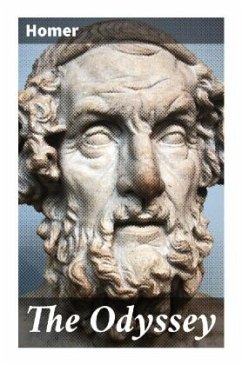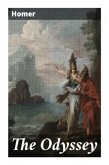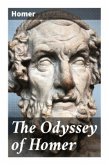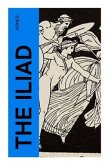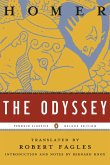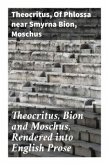Homer's "The Odyssey" stands as a monumental work within the canon of Western literature, renowned for its intricate narrative and rich poetic form. This epic poem, composed in dactylic hexameter, chronicles the arduous journey of Odysseus as he navigates the treacherous seas and myriad obstacles on his quest to return home after the Trojan War. Encompassing themes of heroism, loyalty, and the struggle against fate, "The Odyssey" employs a non-linear narrative structure and vivid imagery that explores the human condition, offering insight into Greek values and the complexities of identity, particularly through its unforgettable characters such as Penelope and Telemachus. Homer, often regarded as the father of epic poetry, is believed to have crafted this epic in the 8th century BCE against the backdrop of a transitioning Greek society. His works reflect a profound understanding of oral tradition, as they were likely transmitted through generations before being inscribed. Scholarsdebate the true nature of his identity and historical context, but his enduring influence on literature and storytelling is universally acknowledged. "The Odyssey" is essential for any reader seeking to grasp the roots of narrative structure and character development, as well as the philosophical inquiries surrounding human existence and moral dilemmas. It invites readers to join Odysseus on his transformative odyssey, making it a timeless exploration of perseverance and the quest for belonging.
Bitte wählen Sie Ihr Anliegen aus.
Rechnungen
Retourenschein anfordern
Bestellstatus
Storno

